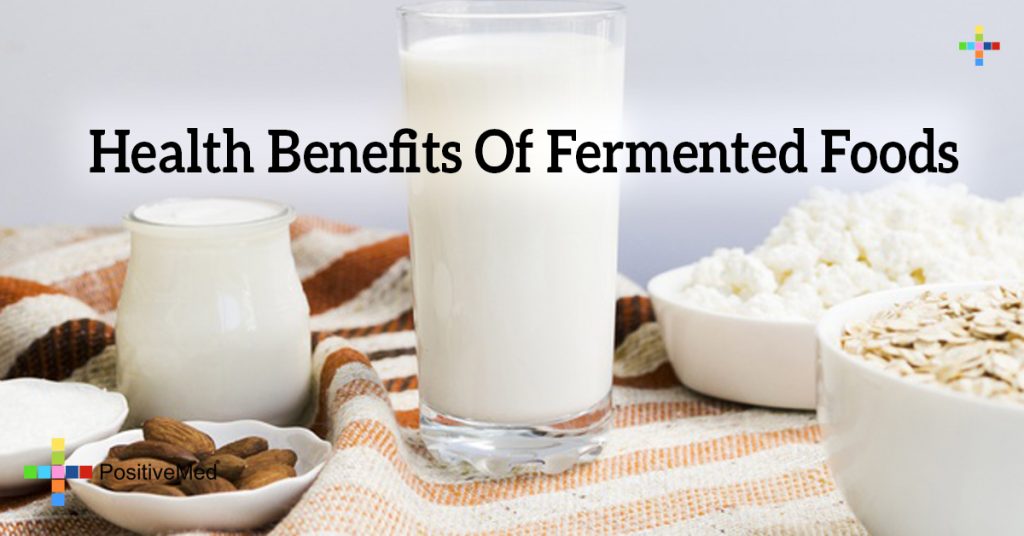
Health Benefits Of Fermented Foods
Fermented foods are foods that have gone through the process of lacto-fermentation where conversion of carbohydrates to alcohols and carbon dioxide or organic acids with the help of yeasts, bacteria, or a combination under anaerobic conditions. This process helps preserve foods and create beneficial enzymes, B vitamins, Omega – 3 fatty acids, and several strains of probiotics.
Natural fermentation of food is known for preserving nutrients and is one of the most traditional ways of preserving food. It involves breaking down the food into easily digestible form.
There are several health benefits associated with eating fermented foods. Here is a list of such benefits:

1. Balances the production of stomach acid
Fermented foods help ease the discomfort of the stomach caused by too much or too little stomach acid. Fermented foods help increase the acidity of gastric juices when the stomach is not able to produce enough hydrochloric acid. When the stomach is producing too much acid fermented foods protect the stomach and intestinal lining. Also as we age the production of digestive juices and enzymes, which are necessary for proper digestion, begin to decrease. Fermented foods like sauerkraut, buttermilk, and pickled vegetables help compensate for this loss. Small portions of fermented foods should be enjoyed once or twice daily with meals.
2. Preserves food
The process of lacto-fermentation helps preserve food for a longer period of time. For instance, homemade salsa can last only a few days in your refrigerator, while fermented homemade salsa can last for months. Sauerkraut, pickles, beets, and other garden foods can be preserved. Fermentation also helps preserve nutrients in food which might be lost with traditional canning.

3. Absorbs food better
When you are able to balance your gut bacteria and digestive enzymes, it helps you absorb the nutrients and minerals from food you eat. Eating fermented food with your regular diet will allow you to absorb more nutrients. Supplements and vitamins will not be as needed if you are able to absorb more nutrients from food.
4. Improves digestion
Fermenting foods before we eat them is like digesting them before we eat them. Joanne Slavin, a professor in the Department of Food Science and Nutrition at the University of Minnesota, states the reason some people can’t have milk but can eat yogurt is because the intolerable part of milk, lactose, is broken down when milk is fermented and converted into yogurt.
5. Fermented foods are rich in enzymes
Fermented foods are enriched with enzymes our bodies need to properly digest, absorb, and utilize the nutrients in our food. Eating fermented foods becomes important as we age because the supply of enzymes in our body goes down and these foods help make up the loss.

6. Beneficial for diabetics
Fermented foods improve pancreatic function which is beneficial for those with diabetes. The carbohydrates present in lactic acid-fermented foods are broken down due so they do not put extra burden or pressure on your pancreas as ordinary carbohydrates do.
7. Nutritious
Fermented foods contain amino acids, vitamins, and minerals. The fermentation process increases the amount of vitamins which is good for our health. For example we can get ample energetic B vitamins from fermented milk and vitamin C from fermented vegetables. The fermentation process also helps increase the bio-availability of foods.





